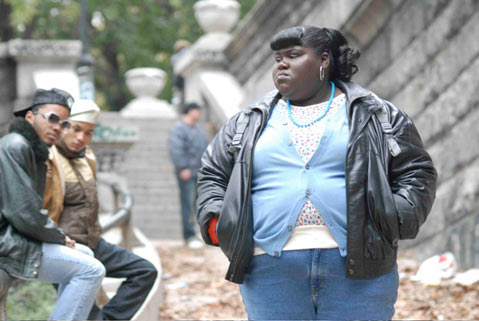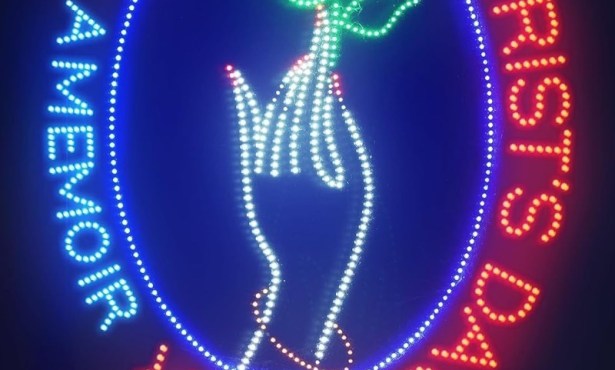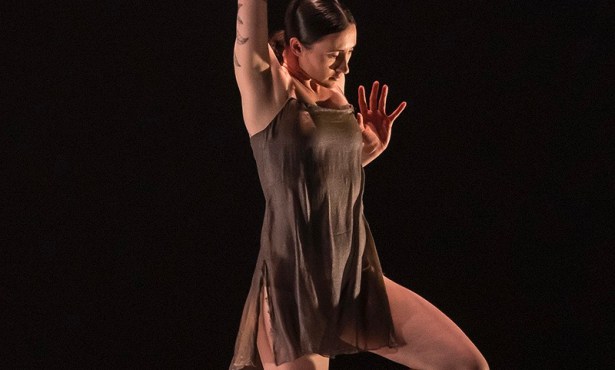Precious: Based on the Novel Push by Sapphire
Gabourey "Gabby" Sidibe, Mo'Nique, and Paula Patton star in a film written by Geoffrey Fletcher and directed by Lee Daniels.

Larger-than-life African-American heroines have made the journey from the big screen to America’s heart before, most notably in the reel and real-life case of Jennifer Hudson in Dream Girls. But there has never been anything quite like Gabourey “Gabby” Sidibe. In this inspiring and adroitly crafted film, Sidibe brilliantly plays a long-suffering inner city girl braving the difficult transformation from worthlessness to realizing the potential of her name, “Precious.”
Precious lives in Harlem, and the time is 1987. By this point, the 16-year-old has endured years of physical and emotional abuse by her toxic-hearted mother (the screen-seizing Mo’Nique, in a frighteningly fine performance) and sexual abuse by her father-whom, significantly, we barely see, except in harrowing flashbacks. In short, the glum and mostly tight-lipped Precious has been abused not so much into submission, but into a slow, steady transcendence into self-awareness.
Director Lee Daniels took this tale from the Sapphire novel and created something a few cuts above the norm. He applies cinematic vividness and a penetrating, multi-sensory depiction of our heroine’s pained, inward-turning life through internal monologues and jagged processions of close-ups, memories, and fantasies. Precious thinks the outside world sees her downtrodden family as “ugly black grease to be wiped away.” She also feels adrift in a white-run world, where people “talk like TV channels I don’t watch.” Still, she finds a passage thanks to the alternative school Each One Teach One, and a tough, loving teacher (played by Paula Patton).
In a film so subtly interlaced with filmic touches, it comes as no great surprise when sly references to cinematic history sneak into the picture. Vittorio De Sica’s tragic tale about a mother-daughter during wartime, Two Women, bizarrely shows up on television, transporting this mother and daughter into the lead roles. Later, a woman in the school’s office makes a passing-and disparaging-comment about having seen the Barbet Schroeder/Charles Bukowski pic Barfly out and about in ’87.
Precious, a true feel-good film without that cheesy aftertaste, is the antithesis of the chic literary drunk tank of Barfly, needless to say. It’s an anthem of self-realization amid squalor of the spirit, with just the right injection of artfulness to keep our heads in the mix.



